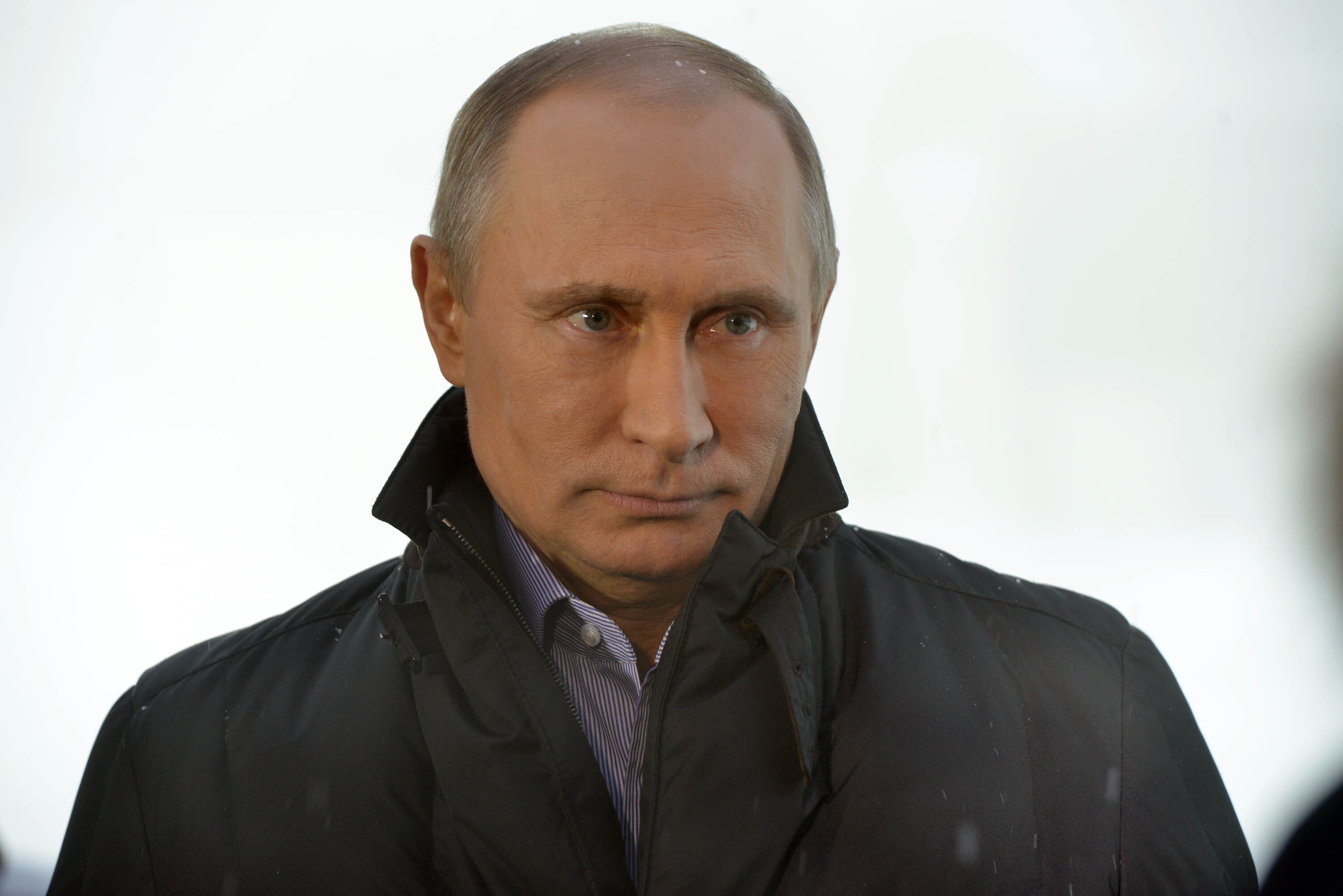UK set to face record-high gas prices if Russia invades Ukraine
Fears grow that Vladimir Putin could restrict gas supplies into Europe, pushing prices up further

UK households face record-high gas bills if Vladimir Putin orders Russian forces to invades Ukraine, experts have warned.
Analysts fear that Russia, which is currently supplying around 40 per cent of Europe’s gas imports, could turn off the taps if Moscow is hit with sanctions in response to military aggression.
Nato sent reinforcements to eastern Europe on Monday amid growing fears of conflict in Ukraine as Boris Johnson warned that “gloomy” intelligence suggested Russia was planning a lightning raid on Kiev.
That would deepen the turmoil in Europe’s volatile energy markets, where prices have spiked to unprecendented levels in recent months.
Shares in Russian state-backed gas giant Gazprom plunged 6.7 per cent on Monday, following speculation about tough economic sanctions.
Meanwhile, forward prices for gas to be delivered in March and April rose in response to announcements from the US, UK and others that embassy staff in Ukraine would be evacuated.
UK households already face record-high bills when the energy price cap rises in April. Uncertainty around the political situation is likely to cause a further short-term increase in wholesale prices “as a minimum”, said Nick Wye, founder of energy consultants Waters Wye.
“Certainly, an invasion will only push prices in one direction, upwards, but the severity is difficult to predict,” he said.
Several factors, notably the weather, will filter into retail energy prices. Colder periods could further deplete gas stocks and push up prices, while more wind would mean more renewable electricity generation, easing the pressure on prices.
While the UK buys only around 3 per cent of its gas supply from Russia, prices paid for energy are determined by international wholesale markets.
About half of the UK’s gas comes from the North Sea, while a third is imported from Norway. The rest comes from imports of liquified natural gas (LNG), shipped in on tankers from places such as Qatar and the US.
Analysts fear that if Russia were to turn off the taps into Europe, gas importers would be forced to compete over limited supplies of liquified natural gas, sending prices soaring.
Russ Mould, director at AJ Bell, said “sabre-rattling” by Russia on the Ukrainian border had spooked markets.
“Escalation to a full armed conflict is likely to prompt market volatility and potentially a further surge in energy prices – only adding to the current inflationary pressures,” he said.
Strained supplies and rising demand for oil and gas mean that geopolitical events, such as an invasion of Ukraine, can have a disproportionate impact on prices, said Drew Stevenson, PwC’s energy, utilities and resources leader.
“This volatility in the market is now feeding through to the UK supply chain and, as we’ve seen of late, retail gas prices.
“The trend is likely to continue over the winter period where demand for heating is strong, and beyond, including in the domestic market, when the default tariff cap is reset in April.”
A household using the average amount of gas and electricity faces a £700 jump in energy bills when industry regulator Ofgem announces its new price cap on 7 February.
The new cap will come into force on 1 April, with a further hike expected in October.
The pain is not expected to subside soon, with market prices indicating the cost of gas will remain high until the end of next year. Investment bank Goldman Sachs forecasts prices will stay high until 2025.
Join our commenting forum
Join thought-provoking conversations, follow other Independent readers and see their replies
Comments